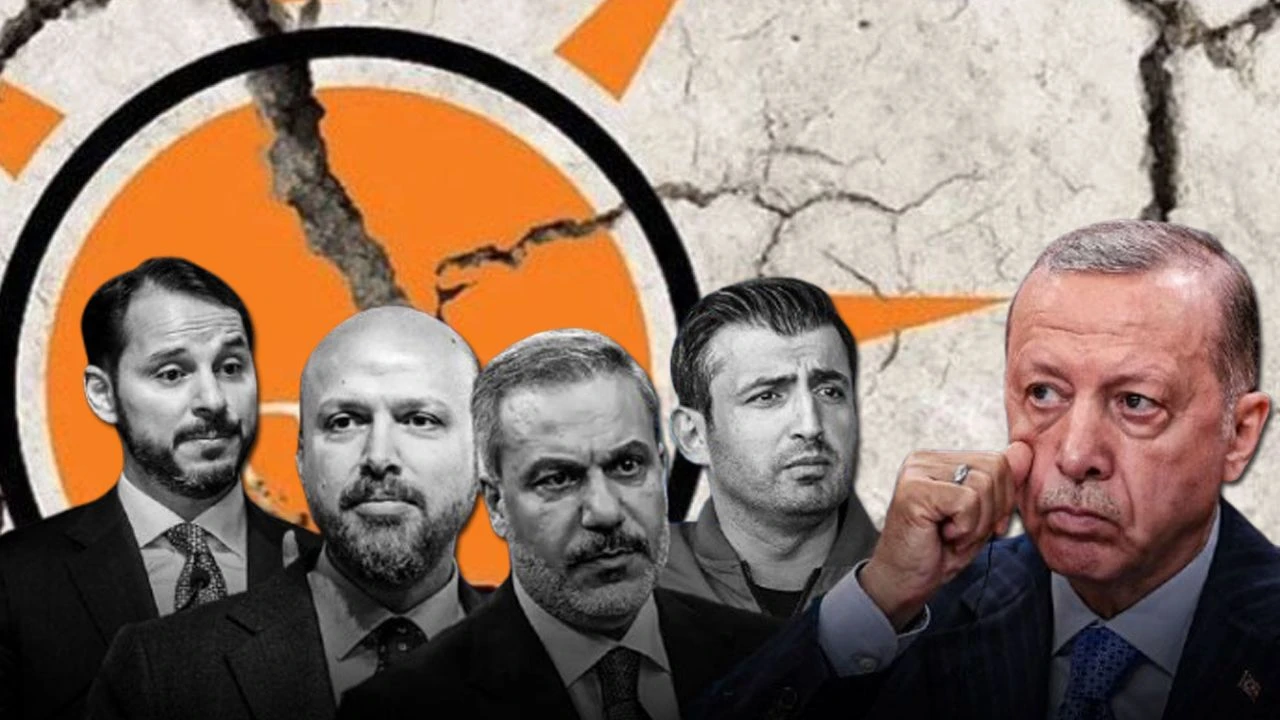
Turkish President Recep Tayyip Erdoğan was cordially received by U.S. President Donald Trump at the White House on September 25. Progovernment media celebrated the Oval Office meeting with U.S. President Donald Trump as a diplomatic success that might reset troubled U.S.-Turkey relations. Yet, instead of opening a new page with Washington, Erdoğan’s visit unexpectedly highlighted something else: the question of succession and the rivalries within his own circle.
The first surprise came from Foreign Minister Hakan Fidan—Erdoğan’s long-time intelligence chief and one of his most trusted aides. Speaking to Turkish reporters in New York, Fidan admitted that U.S. sanctions have blocked Turkey’s efforts to produce its fifth-generation fighter jet, KAAN. The jet relies on an American-made engine restricted under CAATSA sanctions imposed after Turkey bought the Russian S-400 missile system.
What Fidan said was true and hardly new for defense experts. But it publicly contradicted Erdoğan’s triumphant narrative that KAAN would soon enter mass production. Erdoğan had staged photo-ops in a pilot jacket, presenting the jet as proof of Turkey’s rise. Against this backdrop, Fidan’s blunt statement looked less like a technical clarification and more like a signal of unease.
The second incident came not from US officials but from Turkish reporters at the White House’s garden. While waiting for Trump’s meeting with Israeli Prime Minister Benjamin Netanyahu, an Associated Press camera caught two pro-government journalists discussing, off-air, the rivalry between Erdoğan’s son Bilal, his son-in-law and former Minister of Finance Berat Albayrak, and Minister of Foreign Affairs Hakan Fidan. “There is a war of three factions,” one of them said. Many in Ankara would also add another name: Erdoğan’s other son-in-law, Selçuk Bayraktar, the engineer behind Turkey’s Bayraktar drones. After this video was leaked and became viral, the reporter who made comments on the rivalry was immediately fired.
Erdoğan has always managed to crush political rivals and win battles against opponents. Today, Turkey’s economy in crisis. His party recently lost key municipalities in the 2024 local elections. But his regime firmly holds power. He shows no sign of stepping aside voluntarily. He jailed popular opposition leader Ekrem İmamoğlu, cracking down on protests, and deepening authoritarian rule. Yet, age and frail health inevitably raise the question of succession.
For Erdoğan, succession is not only about legacy. His entire system depends on him personally. Without a plan for continuity, allies may look for alternatives to protect themselves from prosecution or loss of privilege, potentially destabilizing the regime before his exit. But naming a successor is equally dangerous. Authoritarian leaders know that an heir can quickly become a rival. This is why many avoid designating one, unless it is family.
In this sense, the very competition between factions benefits Erdoğan. As long as no single figure dominates, his loyalists remain dependent on him and reassured that there are candidates waiting in the wings. When someone does appear too strong outside his family, Erdoğan intervenes. Former Defense Minister Hulusi Akar and former Interior Minister Süleyman Soylu, once floated as successors, were swiftly sidelined after they gained popularity.
Hakan Fidan now attracts attention as a possible heir. His long experience in intelligence and now foreign policy has given him visibility and experience, especially compared to Bilal Erdoğan, often seen as inexperienced, and Berat Albayrak, discredited by his economic mismanagement. Yet Fidan’s rise also makes him vulnerable. Too much prominence could mark him as the next target of Erdoğan’s balancing act.
This internal game cannot last forever. Erdoğan has mastered the art of keeping allies in competition, but his health imposes a deadline. If no figure emerges who can command the bureaucracy, manage politics, and still win elections, the system risks serious instability once Erdoğan exits the stage.
For now, Erdoğan still benefits from factional rivalries within his party and among the opposition. But the uncertainty over succession leaves the regime fragile. The final years of Erdoğan’s rule may be shaped not only by his confrontations with the opposition, but also by a cutthroat competition over who inherits his throne.